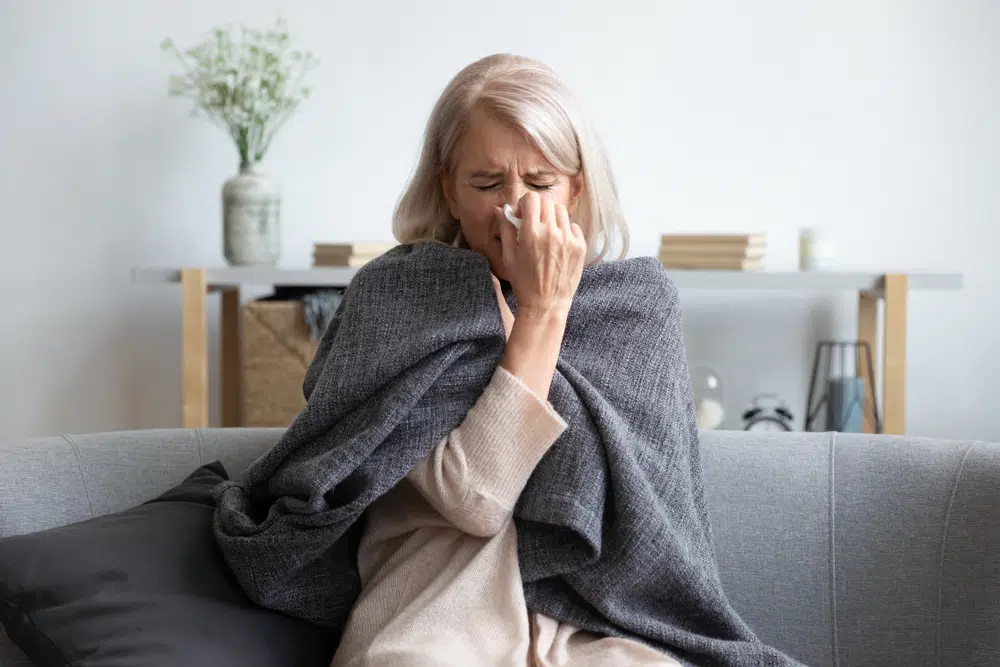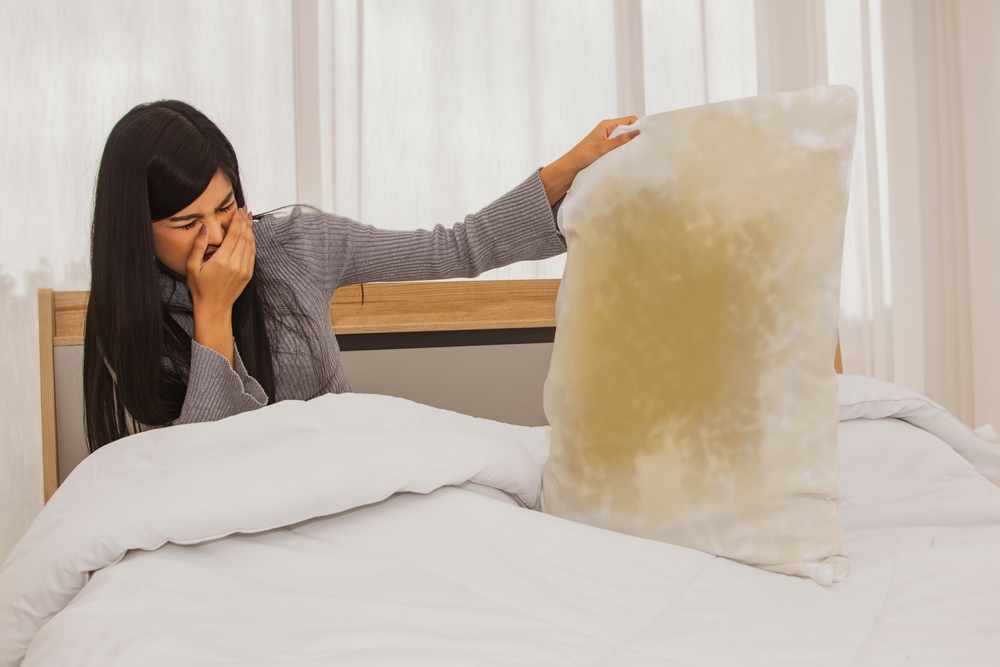
Allergic Rhinitis Treatment
Allergic rhinitis is a condition that occurs due to a hypersensitive reaction to allergens such as pollen, dust mites, grass pollen, or ragweed. Symptoms of allergic rhinitis include nasal congestion, itching of the nose, dark circles under the eyes, and watery eyes. During times of increased pollen levels, seasonal allergies can be especially bothersome. A physical exam along with a patient history is typically used to help diagnose allergic rhinitis. Tests to determine the allergen causing the reaction are often also performed. Medications, allergy shots or other forms of allergen immunotherapy are common treatments for managing reactions to specific allergens.
Benefits of Getting Allergic Rhinitis Treatment
Getting treatment for allergic rhinitis is essential in order to reduce symptoms and improve overall quality of life. Treatment options may include medications, such as antihistamines or corticosteroids, as well as lifestyle changes to reduce exposure to allergens. Nasal irrigation with saline solution and allergen avoidance measures have also been found to be beneficial. Working closely with an allergist is important to ensure that appropriate care is provided while exploring different options for symptom relief.
Symptoms of Allergic Rhinitis
Allergic rhinitis is a condition characterized by the body’s response to exposure to airborne allergens. Common symptoms of allergic rhinitis include runny nose, nasal congestion, itchy eyes, watery eyes, and sneezing.
The most common symptom of allergic rhinitis is inflammation in the nasal passages caused by an allergic response to environmental allergens. This inflammation can lead to nasal dryness, irritation, and congestion. Allergy sufferers may also experience a decrease in normal air passage through the nose due to swelling and blockage of airways.

Mild symptoms of allergic rhinitis usually start with sneezing and are accompanied by itchy eyes, watery eyes, and a runny nose. More severe symptoms can include difficulty breathing due to swelling around the throat and chest area, or asthma attacks caused by exposure to allergens. Depending on the severity of symptoms experienced, treatment options range from over-the-counter antihistamines to prescription medications or immunotherapy shots designed specifically for allergy sufferers.
When treating patients with allergic rhinitis, we recommend that individuals who suffer from this condition take steps towards managing their allergic responses through avoidance techniques such as staying indoors when pollen counts are high and using dust mite covers on mattresses and pillows if dust mites are a trigger allergen for them. Additionally, mild symptoms can often be managed with over-the-counter antihistamines, while more severe respiratory symptoms should be treated through prescription medications prescribed by a professional health care provider such as an allergist.

Quality of Life Impact
Allergic rhinitis can have a significant impact on an individual’s quality of life. Nasal symptoms such as congestion, runny nose, and sneezing can be incredibly disruptive and make it difficult for individuals to carry out their daily activities. Unsatisfactory response to oral antihistamines is also very common in this population, leading to more persistent symptoms which can worsen over time.
Fortunately, there are a variety of treatments available to help people suffering from allergic rhinitis manage the symptoms and improve their quality of life. Nasal irrigation with saline solution is one option that can help reduce nasal irritation, whereas daily dosing of antihistamines may help reduce the intensity and duration of allergic reactions. In some cases, immunotherapy may be recommended for those who do not respond well to other treatments or experience recurrent episodes of allergic rhinitis. In many cases, using a combination of these treatment modalities with patient education on allergen avoidance measures can lead to better control of symptoms and improved overall quality of life for allergy sufferers.
Allergy Tests & Diagnosis
Risk of Allergy
Allergy testing is a key component of the diagnosis and management of allergic rhinitis as it helps identify any allergies that may increase the risk of developing more serious reactions such as asthma attacks or allergic shiner syndrome. Knowing what allergens a patient is at risk for can guide treatment decisions and help prevent these conditions from becoming severe over time.
Common tests used to diagnose allergies include skin prick tests, blood tests, and patch tests. Skin prick tests can be used to determine which allergens are causing your patient’s symptoms and help guide treatment decisions. Blood tests measure levels of immunoglobulin E (IgE), a protein produced by the body in response to an allergen exposure. Other tests are used to detect delayed reactions to allergens.
Long-term use of antihistamines and other medications may be necessary in some cases, but they should be balanced against their potential side effects. Sublingual immunotherapy (SLIT) is also an option for patients who have not responded well to usual treatments or who need long-term relief from their symptoms. SLIT involves administering small doses of an allergen under the tongue over a period of months or even years with the goal of desensitizing the patient’s immune system to that particular allergen. This therapy has been shown in clinical trials to reduce allergy symptoms.
Prophylactic treatment using intranasal corticosteroids may also be recommended by an allergist for those at risk of developing more serious allergic reactions such as asthma attacks or allergic shiner syndrome. Additionally, allergy testing can help identify any allergies that may increase the risk of developing these conditions so that preventive measures can be taken before they become severe. By taking these steps, individuals suffering from allergic rhinitis can take better control of their condition and improve their quality of life overall.
Schedule your consultation

Pick one of our convenient locations
for your Allergic Rhinitis Treatment
Frequently Asked Questions about Allergy Treatments
In this section, we will address some common questions related to allergic rhinitis treatment. These answers can help you better understand the condition and the various treatment options available.
